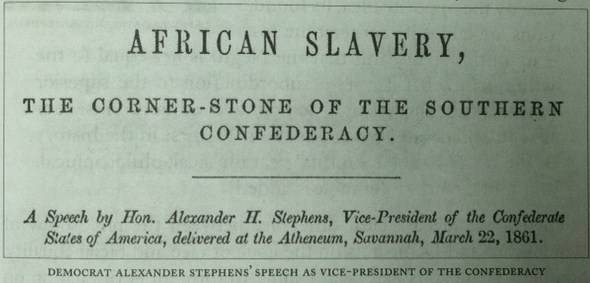"Southerners had also discussed secession in the nation’s early years, concerned over talk of abolishing slavery. But
when push came to shove in 1832, it was not over slavery but tariffs.
National tariffs were passed that protected Northern manufacturers but increased prices for manufactured goods purchased in the predominantly agricultural South, where the Tariff of 1828 was dubbed the "Tariff of Abominations." The legislature of South Carolina declared the tariff acts of 1828 and 1832 were "unauthorized by the constitution of the United States" and voted them null, void and non-binding on the state.
"President Andrew Jackson responded with a Proclamation of Force, declaring, "I consider, then,
the power to annul a law of the United States, assumed by one state, incompatible with the existence of the Union, contradicted expressly by the letter of the Constitution, inconsistent with every principle on which it was founded, and destructive of the great object for which it was formed." (Emphasis is Jackson’s). Congress authorized Jackson to use military force if necessary to enforce the law (every Southern senator walked out in protest before the vote was taken)."
The war was about the feds superimposing their laws over state laws, when they clearly had no constitutional authority to do so. They had the support of the NORTH, because the NORTHERN manufacturers benefited TREMENDOUSLY from such tyrannical interference and control of resources.
Secession | HistoryNet


